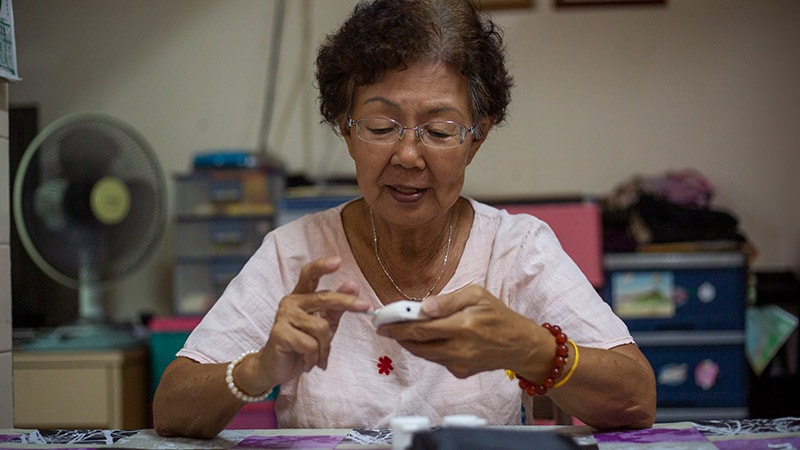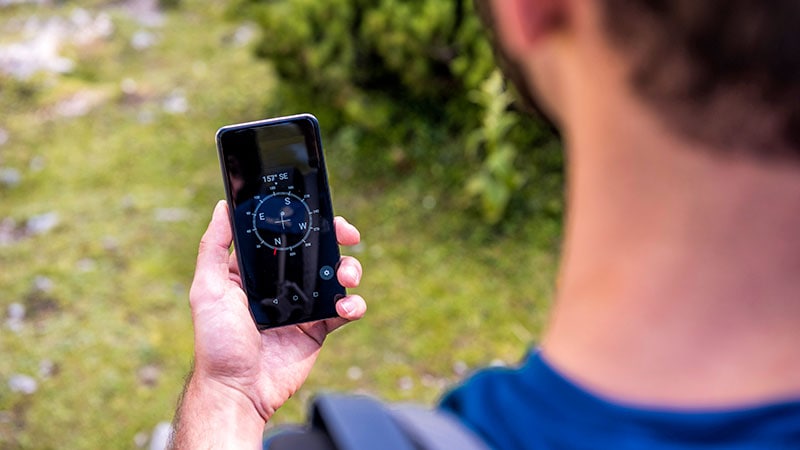A study has found that primary care providers in England only realised a fraction of potential savings from adopting insulin glargine biosimilars over a period of just over 3 years.
An analysis in the journal Diabetes Care found that insulin glargine biosimilars generated savings of £900,000 between October 2015 and December 2018.
However, missed savings amounted to £25.6 million in this period.
The figures indicated that only 3.42% of the potential savings were achieved.
The study found a wide variation in uptake between Clinical Commissioning Groups (CCGs).
Adoption ranged from a market share of 0% to one of 53.3% in December 2018.
Opening the Market
The market for insulin glargine biosimilars was opened up after Lantus (Sanofi), the reference product, lost its patent protection in 2014.
Researchers from the Public University of Navarre, Spain, and NHS England Specialised Commissioning, set out to analyse uptake of generic insulin glargine in primary care in England and estimate the savings realised and missed. They also set out to assess potential variations in adoption rates across CCGs.
Uptake of insulin glargine biosimilars varied substantially across CCGs, although no regional patterns emerged.
For instance, uptake of Abasaglar KwikPen, over time, was unequal across England, with NHS North and West Reading CCG leading the uptake (26.9%) in December 2016, and NHS Kernow (40.2%) in December 2017.
In December 2018, NHS Swindon CCG and NHS Kernow CCG had the highest use of insulin glargine biosimilars (53.3% and 51.4%, respectively).
In contrast, the use of Abasaglar KwikPen in December 2018 was 0% in nine CCGs, with a total of 28 CCGs below a 1% use.
During the time period, Lantus SoloStar was the insulin glargine product most frequently prescribed by GPs, with nearly 6,000,000 units prescribed in 2018.
However, the market share of Lantus SoloStar decreased substantially, from 80% in late 2015 to 60% in December 2018.
The researchers concluded that "the results from our analyses will encourage decision makers in England, as well as health care managers in other settings, to promote a coordinated approach to the use of best value treatments in primary care and to reevaluate variation in treatment patterns across GP practices and CCGs".
Real-world budget impact of the adoption of insulin glargine biosimilars in primary care in England (2015–2018). Diabetes Care. 2020;43(6):dc192395. doi:10.2337/dc19-2395. Abstract.




